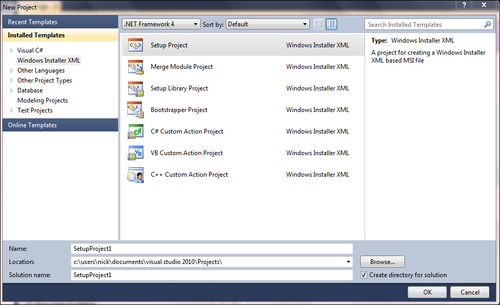

Windows Installer 4.0 and earlier: Not supported. TargetĮxecutable name with arguments (required)Įnter the msidbCustomActionTypePatchUninstall value in this field to specify a custom action with the Custom Action Patch Uninstall Option. For example, this field may contain the following depending on the custom action. See the Summary List of All Custom Action Types for a description of what should be entered in this field for each type of custom action. Property table for calling executables whose paths are held by a property.Īn execution parameter that depends on the basic type of custom action. For example, the Source column may contain an external key into the first column of one of the following tables containing the source of the custom action code.ĭirectory table for calling existing executables.įile table for calling executables and DLLs that have just been installed.īinary table for calling executables, DLLs, and data stored in the database.

For a discussion of the possible custom action sources, see Custom Action Sources and the Summary List of All Custom Action Types.

See Custom Action Return Processing Options, Custom Action Execution Scheduling Options, Custom Action Hidden Target Option, and Custom Action In-Script Execution Options.Ī property name or external key into another table. See Summary List of All Custom Action Types for a list of the basic types. If the name matches any built-in action, then the custom action is never called.Ī field of flag bits specifying the basic type of custom action and options. The action normally appears in a sequence table unless it is called by another custom action. The CustomAction table has the following columns. The source of the code that is executed can be a stream contained within the database, a recently installed file, or an existing executable file. The CustomAction table provides the means of integrating custom code and data into the installation.


 0 kommentar(er)
0 kommentar(er)
